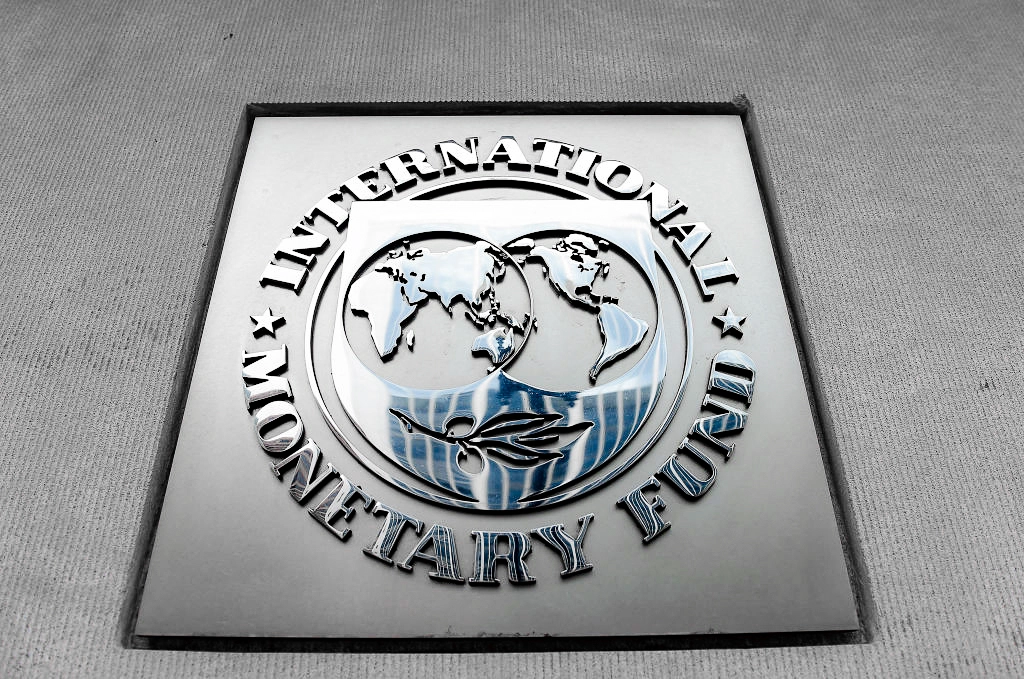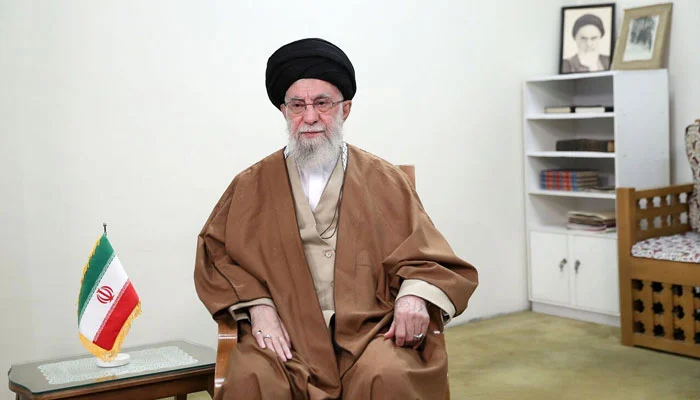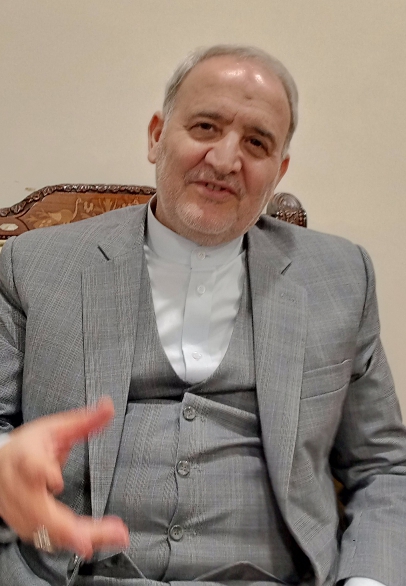The International Monetary Fund’s (IMF) Executive Board has approved the immediate disbursement of about $1 billion to Pakistan under the ongoing Extended Fund Facility (EFF).
The decision was taken in the board’s meeting in Washington, which also discussed Pakistan’s request for the modification of performance criteria, and request for an arrangement under the Resilience and Sustainability Facility (RSF).
The ‘lender of the last resort’ and Islamabad reached a staff-level agreement (SLA) and agreed on the first review of the $7 loan facility in March. The SLA, a 28-month deal, would support Pakistan’s efforts to mitigate and adapt to climate change, the IMF had said back then.
Pakistan secured a $7 billion bailout programme from the IMF last year and was granted a new $1.3 billion climate resilience loan in March.
The programme is critical to the $350 billion economy and Pakistan said it has stabilized under the bailout that helped it stave off a default threat.
Ahead of the executive board meeting, Finance Minister Muhammad Aurangzeb recently met IMF Managing Director Kristalina Georgieva on the sidelines of the World Bank-IMF 2025 Spring Meetings in Washington and reaffirmed the government’s commitment to reforms in key sectors.
In its, World Economic Outlook report, the IMF noted that the country’s GDP growth for the next fiscal year (2025–26) is projected to rise to 3.6%.
Separately, the lender has downgraded Pakistan’s economic growth projection for the current fiscal year from 3% to 2.6% — the World Bank however projects 2.7% growth in the fiscal year ending June 2025.
Inflation in Pakistan — which stood at 23.4% in 2024 — is forecast at 5.1% for the current fiscal year, with the IMF projecting it to rise further to 7.7% in the next fiscal year.
The IMF also revised its forecast for Pakistan’s current account deficit. It now expects the deficit to stand at 0.1% of GDP, compared to its earlier estimate of 1%.
In nominal terms, the current account gap is expected to be just $400 million, instead of the previously projected $3.7 billion.
For 2026, the lender expects the current account deficit to further increase to 0.4% of the GDP.
The unemployment rate is projected to remain at 8% in 2025 — down from 8.3% in 2024 — with a further expected decrease to 7.5% in 2026, according to the report.
Apart from being hopeful for receiving IMF funding, Pakistan, according to FinMIn Aurangzeb, has asked China to boost its currency swap line by 10 billion yuan ($1.4 billion).
“Pakistan has an existing 30 billion yuan swap line already [….] From our perspective, getting to 40 billion would be a good place to move towards […] we just put in that request,” the minister said while addressing a press conference after his week-long trip to the US.




